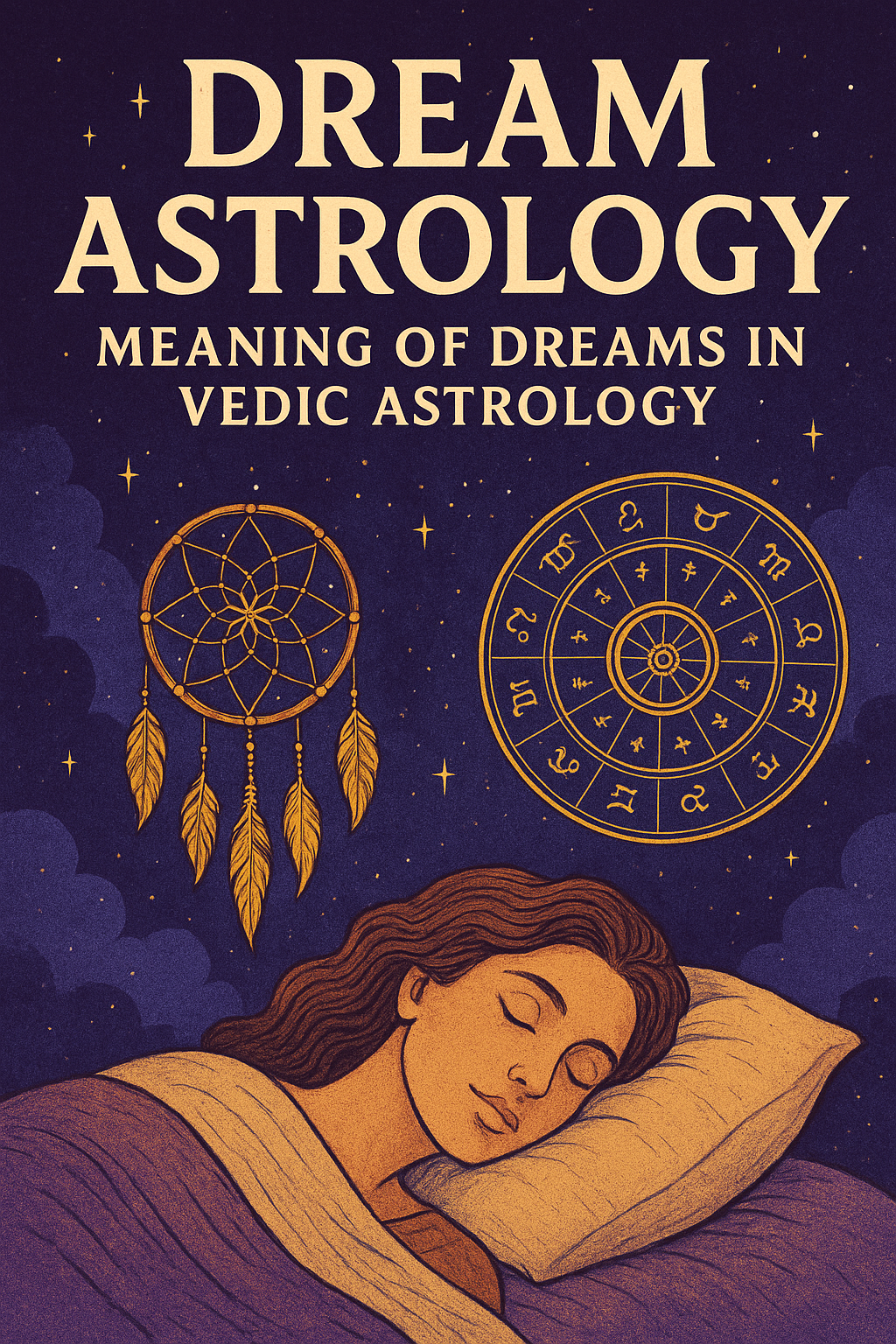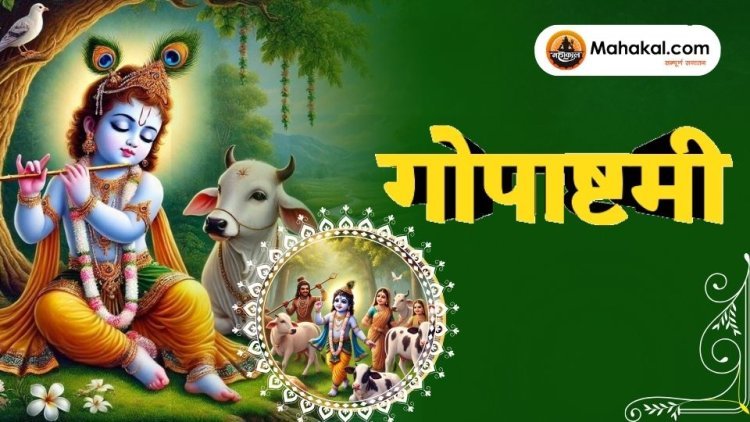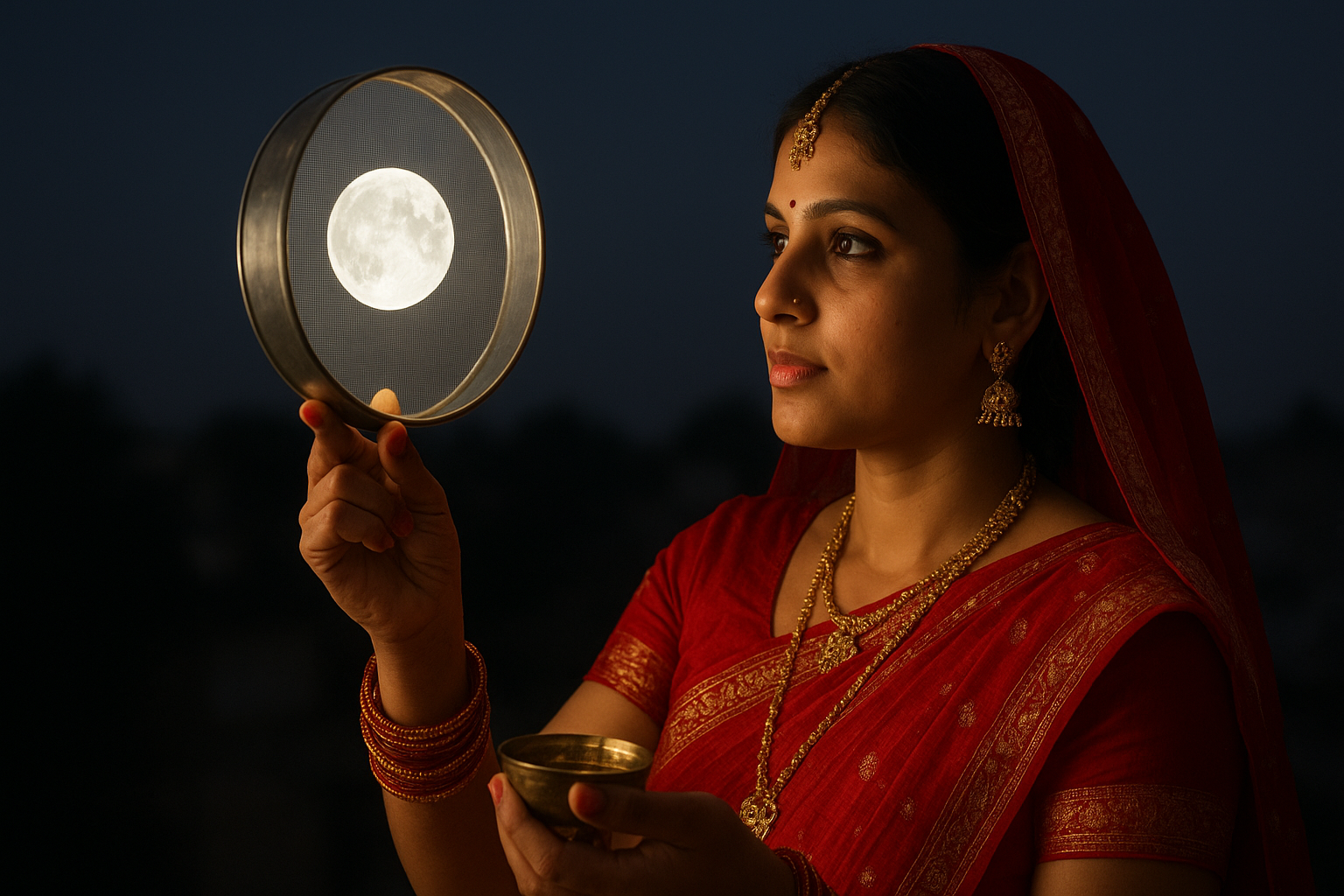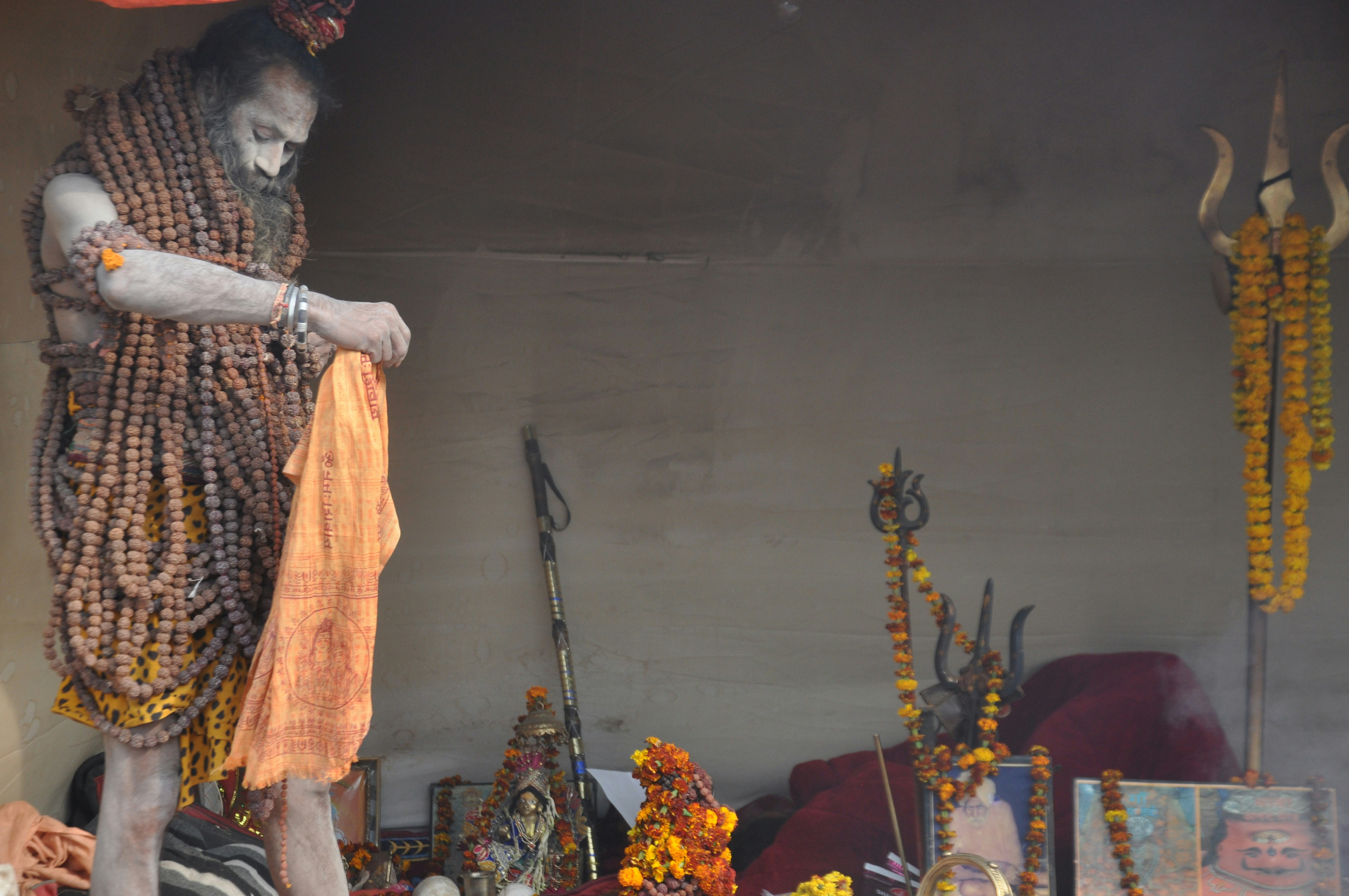Dream Astrology
Since ancient times, dreams have been considered more than just random flickers of the subconscious mind. In Vedic astrology, dreams hold profound symbolic significance, often seen as messages from the higher self, karmic impressions, or even divine communication. The scriptures of India, including the Upanishads, Puranas, and Jyotisha texts, describe dreams as reflections of inner realities and cosmic forces. Dream astrology, therefore, is not merely psychological—it is spiritual and karmic. It reveals how planetary alignments, nakshatras (lunar constellations), and the karmic record influence what we see in our sleep.
Unlike modern science, which often attributes dreams to neural activity and suppressed desires, Vedic astrology teaches that dreams act as subtle indicators of destiny, guiding us toward self-awareness, transformation, and even warning us about future events. By understanding dream astrology, one can interpret recurring symbols, identify auspicious or inauspicious signs, and connect them with planetary movements.
The Spiritual Significance of Dreams in Vedic Astrology
In Vedic philosophy, human life is divided into three states of consciousness—waking (jagrat), dreaming (swapna), and deep sleep (sushupti). Dreams fall into the swapna state, where the soul temporarily detaches from the physical body and interacts with astral realms. This is why dreams can feel real, mystical, or prophetic.
Astrologers believe that dreams are influenced by Rahu and Ketu (lunar nodes), which govern illusions and karmic patterns. The Moon, being the controller of the mind, also plays a major role in dream imagery. If the Moon is afflicted in a person’s birth chart, one may experience fearful or disturbing dreams. On the other hand, a strong Moon with benefic aspects can produce calm, spiritual, and guiding dreams.
Dream astrology highlights that not every dream is meaningful. Some arise from daily experiences or stress, while others carry divine messages or karmic lessons. The real art lies in discerning which dreams matter and how to interpret them.
Types of Dreams According to Vedic Astrology
Vedic texts categorize dreams into different types, depending on their origin and meaning:
- Karmic Dreams – Reflections of past life memories or unresolved karmas. These often repeat until lessons are learned.
- Prophetic Dreams – Indications of future events, often given by planetary energies or divine beings.
- Psychological Dreams – Emerging from suppressed desires, emotions, or daily stress.
- Divine Dreams – Encounters with deities, sages, or celestial beings, considered highly auspicious.
- Warning Dreams – Symbolic messages cautioning about potential dangers, health issues, or losses.
Each dream type is linked to planetary influences, making astrology an essential tool for deeper interpretation.
Planetary Influence on Dreams
Vedic astrology emphasizes that different planets create specific dream patterns:
- Moon – Governs the mind and emotions; responsible for emotional dreams.
- Mercury – Creates symbolic and confusing dreams, often involving communication.
- Venus – Produces dreams of love, beauty, relationships, and desires.
- Mars – Brings dreams of aggression, fire, blood, or conflict.
- Jupiter – Inspires spiritual and guiding dreams with moral lessons.
- Saturn – Causes fearful, dark, or karmic dreams; often linked to suffering.
- Rahu – Induces strange, surreal, and illusionary dreams.
- Ketu – Creates mystical, spiritual, or past-life-related dreams.
By analyzing the natal chart and transits, astrologers can identify why certain dream patterns occur at particular times.
Common Dream Symbols and Their Vedic Meanings
Dream astrology pays close attention to the symbols that appear during sleep. Some widely mentioned in Vedic texts include:
- Water – Clear water represents purity and blessings, while dirty water suggests emotional issues.
- Snakes – A common dream symbol, often linked to Kundalini energy, hidden fears, or enemies.
- Flying – Indicates freedom, spiritual growth, or detachment from worldly concerns.
- Death – Not necessarily negative; often signifies transformation or rebirth.
- Fire – Represents anger, purification, or coming challenges.
- Gold and Jewelry – Suggest wealth, prosperity, and divine blessings.
- Deities or Temples – Extremely auspicious, bringing protection and spiritual upliftment.
The timing of the dream also matters. For example, dreams seen in the early morning hours (Brahma Muhurta) are considered prophetic and more likely to manifest.
Dreams and Nakshatras (Lunar Mansions)
In Vedic astrology, nakshatras strongly influence the type of dreams one experiences. For example:
- Ashwini Nakshatra – Brings healing and horse-related dreams.
- Rohini Nakshatra – Associated with beauty, love, and artistic visions.
- Moola Nakshatra – May bring fearful or destructive dreams.
- Purva Ashadha Nakshatra – Produces dreams of water, oceans, or journeys.
- Revati Nakshatra – Linked to divine, spiritual, and protective dreams.
Dreams occurring during Moon’s transit through specific nakshatras can carry special messages.
Dreams as Karmic Messages
One of the most important aspects of dream astrology is its connection with karma. Many dreams are subtle reminders of past life debts, unresolved lessons, or upcoming karmic rewards. For instance:
- Dreaming of being chased could symbolize running away from unresolved karma.
- Dreaming of temples or rituals may indicate blessings from past spiritual practices.
- Recurring dreams often highlight unfinished karmic cycles that demand attention.
By analyzing dreams alongside a person’s birth chart, astrologers can decode the karmic messages hidden within.
Dreams and Timing of Events
Vedic astrology also teaches that dreams can reveal the timing of events. If a person dreams of a specific event—such as a marriage, death, or travel—the dream may indicate when it could occur. Timing is often judged by:
- The phase of the Moon during the dream.
- The day of the week associated with ruling planets.
- The astrological dasha (planetary period) the person is undergoing.
For instance, a dream about water during Moon dasha may signify emotional growth or travel across seas.
How to Interpret Dreams in Vedic Astrology
The interpretation process involves:
- Identifying symbols – Objects, animals, or scenarios in the dream.
- Considering planetary influences – Which planets dominate the person’s chart at the time.
- Analyzing emotions – The feelings during the dream are as important as the imagery.
- Checking dream timing – Early morning dreams hold more weight.
- Relating to current life events – Dreams often reflect subconscious processing of reality.
Astrologers often advise keeping a dream journal, noting details for better interpretation.
Benefits of Understanding Dream Astrology
Studying dreams through Vedic astrology offers multiple benefits:
- Self-awareness – Understanding hidden emotions and karmic patterns.
- Spiritual growth – Receiving divine guidance and connecting with higher realms.
- Problem-solving – Identifying subconscious fears and resolving them.
- Future insights – Gaining glimpses of upcoming opportunities or challenges.
- Healing – Dreams can release suppressed trauma and bring mental peace.
Conclusion
Dream astrology in Vedic astrology offers a deep, mystical perspective on the hidden meanings of our nightly visions. Far from being random illusions, dreams are considered powerful messages from the subconscious, karmic records, and divine realms. By studying planetary influences, symbols, and timing, one can unlock profound insights into life’s mysteries. Whether a dream reflects karma, warns of dangers, or blesses with divine guidance, each carries a unique message for the dreamer.
By learning to interpret these signs through Vedic wisdom, we open the door to self-discovery, spiritual awakening, and alignment with universal truth.












Leave a Reply